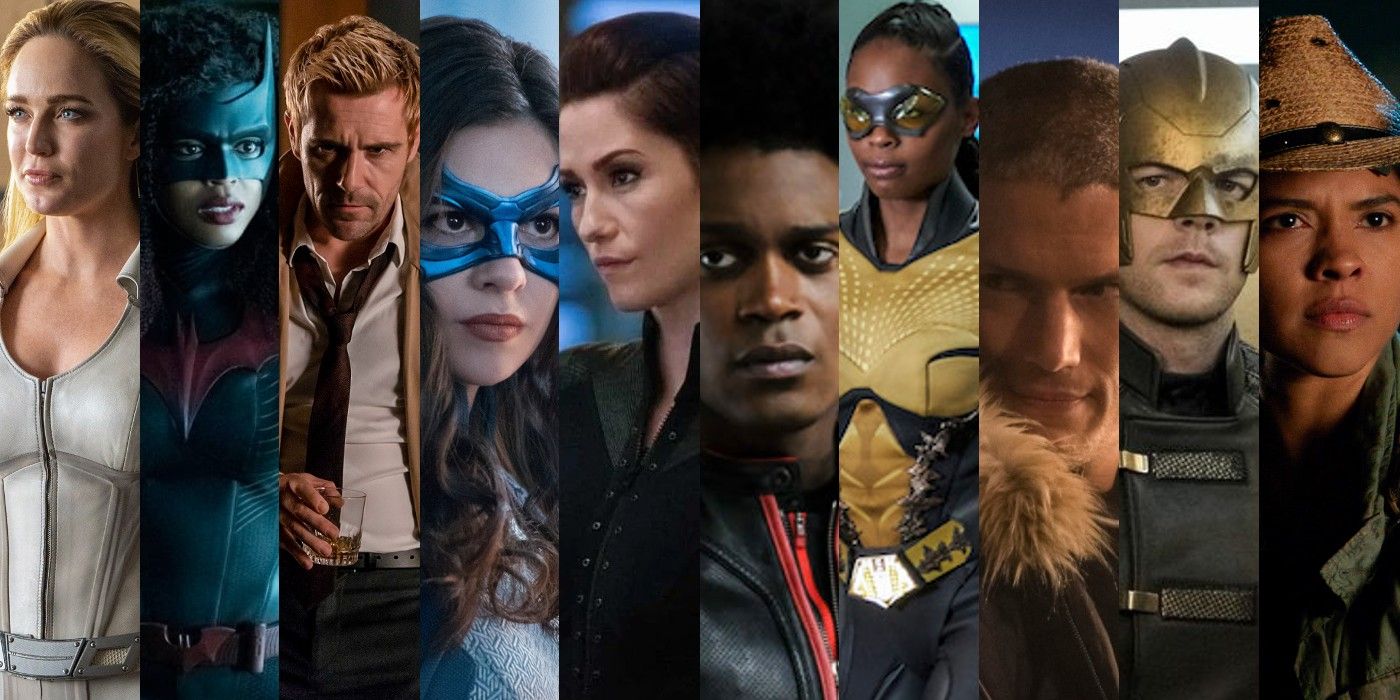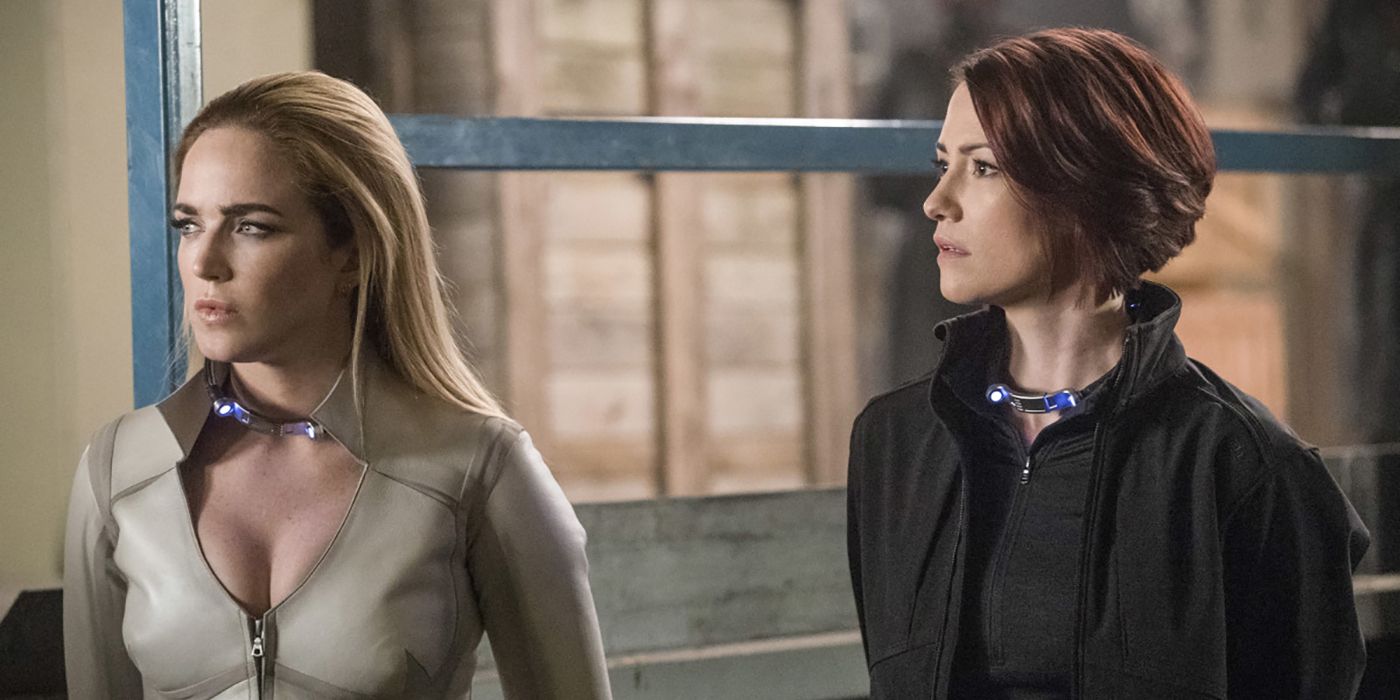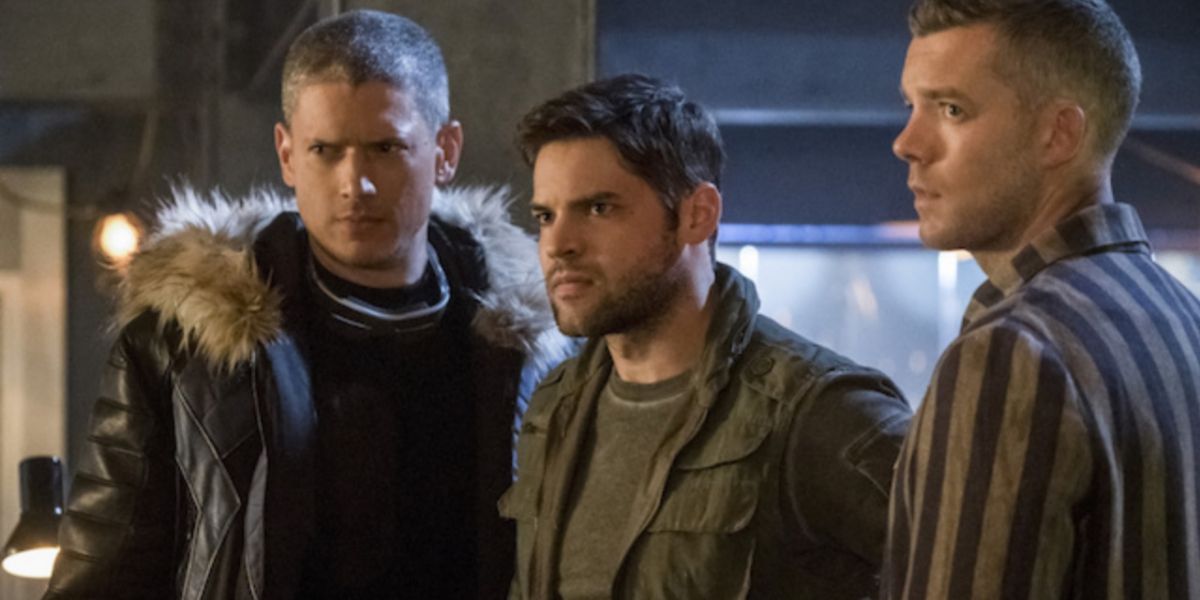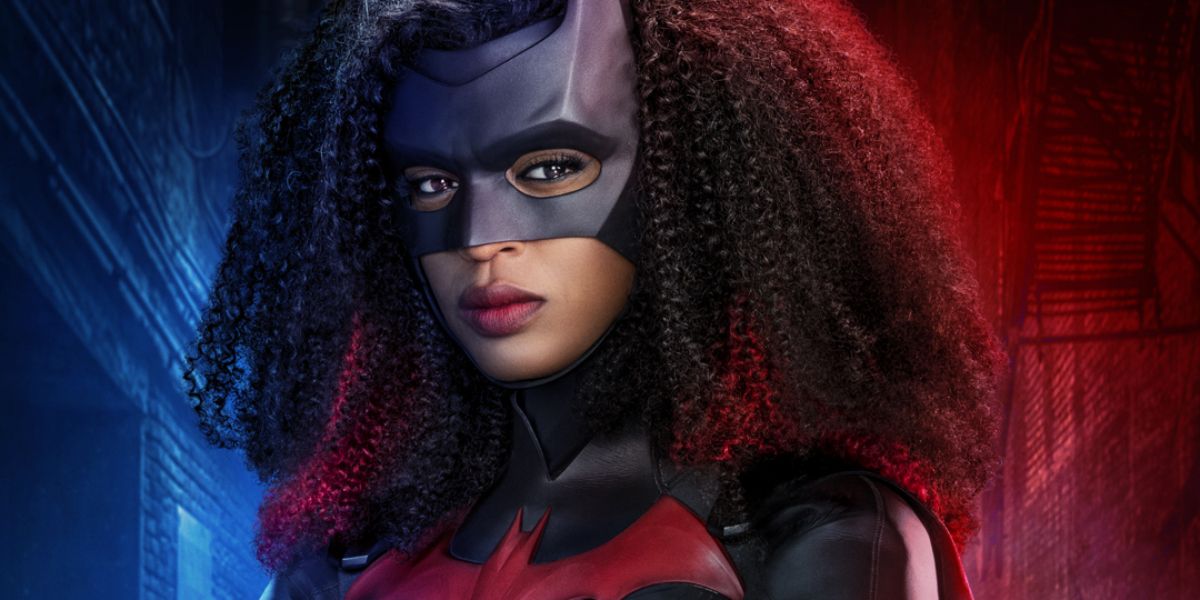When Arrow first premiered back in 2012, no one could predict that it would lead to the creation of an entire superhero media franchise, including several different TV shows, and revolutionize the way shared universes are depicted on the small screen. However, one of its most valuable but possibly underplayed contributions to popular culture is the inclusion and depiction of queer characters. While the shows that are part of the Arrowverse are not alone to be thanked for the positive representation of members of the LGBTQ+ community that audiences have today, they have played a crucial role in normalizing different characters across the queer spectrum. Moreover, the success of the Arrowverse has also seemingly prompted DC to feature even more LGBTQ+ themes in the comics.
One important factor that ensured the inclusion of queer storylines in the Arrowverse is Greg Berlanti, who has been behind the development of every show in the shared universe. The openly gay writer and producer, whose work in both film and television has given him global recognition in the past decade, has received several accolades for his contributions in media, especially for his efforts in LGBTQ+ inclusion. Berlanti, whose other shows include Riverdale, You, Chilling Adventures of Sabrina, The Flight Attendant, among many others, has led WarnerMedia to include even more LGBTQ+ content in other non-Arrowverse shows.
The first prominent queer character in the Arrowverse, Sara Lance, debuted in the flagship show's pilot episode, through a cameo appearance. When the character was recast with actress Caity Lotz for Season 2, as the show's first adaptation of the DC superhero, Black Canary, Sara quickly became a fan favorite. During that season's episode, "Heir to the Demon," Sara was revealed to had been in a past romantic relationship with Nyssa al Ghul, thus making her bisexual. What was most interesting about how the show handled the revelation of Sara's sexuality was that it was never meant to shock the audience, and that was reflected in the way the other characters reacted to it. In a time, when most queer stories were about coming out, dealing with homophobia, and being rejected for who you are, Arrow chose to completely ignore those themes. Instead, the characters quickly accepted the new information and the main plot of the episode continued almost immediately after, recognizing Sara's queerness as simply another part of her.
This narrative technique of introducing LGBTQ+ characters without frequently putting them in storylines that involved rejection, turmoil or discrimination based on their identity, became a standard practice for the Arrowverse shows. This played a big part in normalizing these characters for audiences as they were portrayed in having no more disadvantages than other heteronormative characters. The only exception to that rule was the coming out storyline of Alex Danvers during Season 2 of Supergirl. Kara Danvers' adoptive sister was a pivotal part of the series ever since its first season but the character resonated much more with fans during its sophomore season. The reason for that was Alex's emotional journey of self-discovery and seeking to live an authentic life as an out and proud lesbian. The show gathered particular praise for choosing to feature a character coming out later in their life instead of an adolescent, which was a more typical option at the time.
To this day, one of the Arrowverse's biggest achievements is the introduction of Nia Nal, better known as Dreamer, the first transgender superhero on television. Season 4 of Supergirl prominently featured Nia, portrayed by actress and transgender rights activist, Nicole Maines, as she blossomed under the tutelage of Kara, both as a reporter and a superhero. By the end of the series, Nia had developed as an independent and powerful hero on her own right mirroring the real-life activist that portrayed her. Thanks to Maines' inclusion, the show was also able to explore different themes concerning the trans community, such as violence against trans people in the Season 5 episode "Reality Bytes."
Another important aspect of the Arrowverse's queer narrative is the depiction of gay marriage. During the 2014-2015 TV season, both Arrow with Curtis Holt and The Flash with David Singh, introduced gay characters that were married to their significant others. In 2021, the Arrowverse featured not one but three different weddings between queer characters with, Alex Danvers and Kelly Olsen in Supergirl's series finale, Anissa Pierce and Grace Choi in Black Lightning's series finale, and finally Sara Lance and Ava Sharpe in DC's Legends of Tomorrow Season 6 finale. The fact that a more traditional happy ending was made available to so many queer characters in a shared universe at almost the same time is unprecedented.
Of course, with so much representation among multiple shows, it was only a matter of time until LGBTQ+ heroes headlined their own TV series. In 2014, the infamous DC occultist and bi icon, John Constantine got his very own live-action series, portrayed by actor Matt Ryan. Even though the series was short-lived, the character was soon after incorporated into the Arrowverse, becoming a main character in DC's Legends of Tomorrow. In 2017, the superhero known as The Ray led his own animated series in Freedom Fighters: The Ray, where he was voiced by the openly gay actor, Russell Tovey. Tovey later returned to portray the character in live-action on the Arrowverse crossover event, "Crisis on Earth-X", where The Ray was revealed to be engaged to Wentworth Miller's Leo Snart. In 2019, CW debuted Batwoman, the first live-action DC solo series in the shared universe starring a gay superhero. Originally led by Ruby Rose's Kate Kane, the second season sees Javicia Leslie's Ryan Wilder taking over as the protagonist, showing a lower-class queer woman of color navigate life and eventually become Gotham City's greatest protector.
More recently, DC's Legends of Tomorrow revealed another queer character among its main roster during Season 7. Esperanza Cruz, primarily known as "Spooner," came out as asexual in the episode "The Fixed Point," making her the first character to identify as such in this universe. Within a decade, the Arrowverse has been able to tell the stories of people from all different paths of life and while its representation has not always been perfect, it has admittedly succeeded in familiarizing audiences with the LGBTQ+ community, normalizing queerness, and making queer people feel seen.




